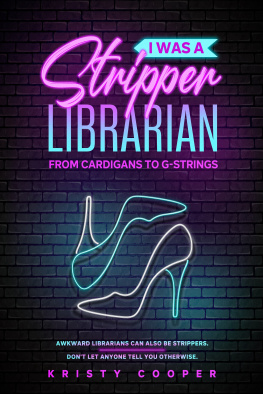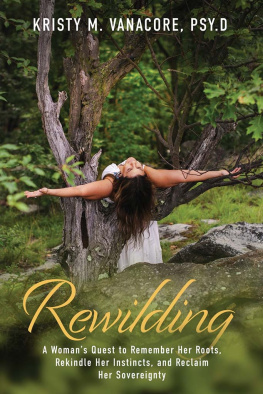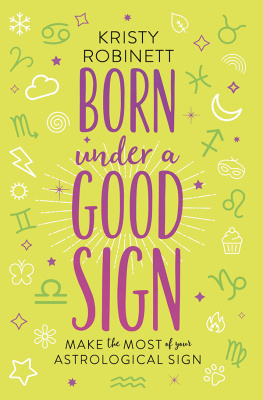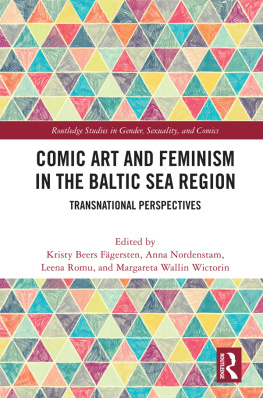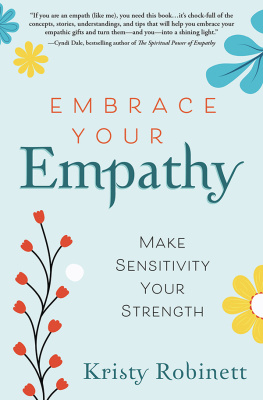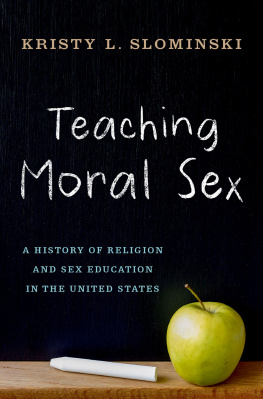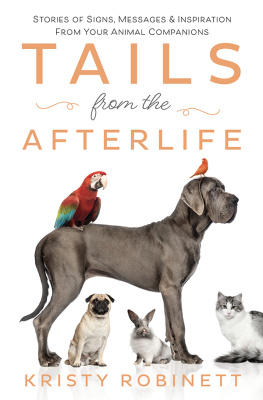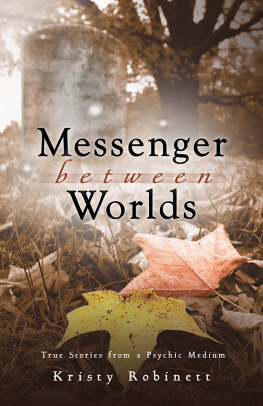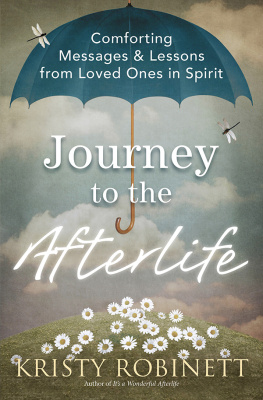Contents
Guide
I Was a Stripper Librarian
From Cardigans to G-Strings
Kristy Cooper
Text copyright 2021 Kristy Cooper
All rights reserved.
No part of this book may be reproduced, or stored in a retrieval system, or transmitted in any form or by any means, electronic, mechanical, photocopying, recording, or otherwise, without express written permission of the author.
Published by Olivier.
ASIN: B091BBVKCS
Personal names and some library names have been changed to protect
the identities of the people I knew during this time in my life.
All strip club names, however, remain the same.
To all the other sex workers who have come out before me and have told their stories. And to all the sex workers who want to come out and tell their stories too.
I have always imagined that Paradise will be a kind of library.
Jorge Luis Borges
A truly great library contains something in it to offend everyone.
Jo Goodwin
Introduction
I first sat down to write down my recollections of my stripping career about seven years ago, which was seven years after I stripped. Although I completed the first draft of my manuscript at that time, I didnt show it to anyone. Instead, I set up a fake email with the name Penelope Pomegranate and began emailing agents with my query letter. I only ended up emailing about fifteen of them, and although I got a bite from one who had gotten successful memoirs published before, this endeavor ultimately led nowhere. It was just as well, though, because I had yet to form a plan on how I would actually deal with my real identity if this book were to be published.
At the time, an article I wrote was published in xoJane about my experiences and possible forthcoming book. I wouldnt let them pay me, though. I was afraid giving my real name and information in order to get paid would somehow come back to bite me in the butt, and I could be outed. I had this compulsion to tell my story and get it out there, but I wanted to somehow do that and not be officially associated with it. I clearly wasnt ready.
A big part of my impetus for writing this book is to destigmatize sex work and show that sex workers come from all walks of life. You probably already know someone who has done it, even if theyre not out about it. But how could I destigmatize it for others when I wasnt ready to face the stigma myself?
Stigma and shame about having worked as a stripper kept me quiet for a long time. They also led me to isolating myself a lot more than I should have. I was afraid that if I got too close to people, they would find out what I did, and I would have to deal with their judgments. I was also afraid of how it would affect me professionally. As it was, Id already had to jump through hoops to get a full-time library job, and obtaining full-time library work was becoming all the more precarious.
Its funny how shame works. I was never actually ashamed of stripping, but I was ashamed of how others might perceive me if they knew. It did not violate my personal morals, and I never felt like I had done anything wrong by doing this kind of job, but I was well aware that there were plenty of people who didnt approve, and I had the luxury of hiding it from them. I also didnt give people the chance to not approve, though, and didnt try to see if they would be understanding. The circles I ran in post-stripping did not include any former sex workers. This just wasnt something people talked about, so I assumed people wouldnt be open to it. However, Ive learned that people who meet sex workers who are out are a lot more likely to be open-minded about sex work in general. I was trying to advocate while still remaining in the closet.
Since this initial attempt to tell my story, though, Ive learned a lot more about my own power. Ive gotten involved with several political-organizing and library-advocacy efforts that have helped me see just what kinds of changes I can make in the world. I learned that there is power in vulnerability and that I can definitely handle it if someone thinks Im a big-jerk troublemaker because there are now plenty of people in this world who think exactly that about me, and I think its funny more than anything else at this point.
Even within the last ten years, attitudes have changed. The library world is heavily focused on improving diversity, equity, and inclusion right now, which means a lot more librarians are open to listening to more marginalized experiences and perhaps not snapping to judgments on something they have no personal experience with. I was terrified to announce that this book was coming out to the library world, but I knew this was the first step I needed to take to ensure I finally finished and published this. I needed the social pressure of people knowing the book existed to finally put it out in the world.
I shared the book in the largest group for library workers on Facebook, and the response was overwhelmingly supportive. Over eight hundred people made positive reactions to it, and the comments were all encouraging. I also worried about reactions from my coworkers, but they were all positive too. If there were people who didnt like what I was doing, which Im sure there were, they kept their thoughts to themselves.
Another cool thing that happened when I announced that this book was coming out was getting messages from other library workers thanking me for doing this because they were also former sex workers. I knew I wasnt the only one, but it was validating to know I wasnt alone and that telling this kind of story was going to help people in the library world, as well, and hopefully help more people from so-called respectable professions come out as former sex workers.
I want to recognize too that Im a more privileged sex worker. Im an educated white cis person from a middle-class background, with access to more social capital than those who have done subsistence sex work. Sex workers with backgrounds similar to mine predominate the stories that curious civilians read about sex work. We are more likely to find our way to a platform to share our experiences in our industries, so its important that we do what we can to destigmatize sex work for all sex workers.
Why do I think destigmatizing is so important? Destigmatizing sex work makes the work safer for current sex workers, especially the most marginalized among us. Black trans sex workers face the greatest violence. They can be targeted for who they are, and do not have anyone to call for help because their job is illegal. The Combahee River Collective Statement (put together by a group of Black feminists in 1977) says If Black women were free, it would mean that everyone else would have to be free since our freedom would necessitate the destruction of all the systems of oppression. At that time feminists were just beginning to analyze the intersections of multiple systems of oppressions but had not yet included trans people and sex workers in their analysis. Today, liberation organizers have evolved their work and more readily focus on the liberation of the most marginalized among us, to bring about the liberation of all. Although I hope this book can help normalize discussing sex work, I know that my experiences are still limited, and I want to encourage everyone who is interested in lifting up the voices of sex workers and marginalized sex workers to take a look at the Additional Resources section at the end of this book for further reading and social media accounts I would recommend following.
One critical step in destigmatizing sex work is to not make sex workers dehumanizing punch lines in jokes. Its so normal to joke about violence done to sex workers, especially ones that work on the street. The other day, I was watching a sitcom I like called

